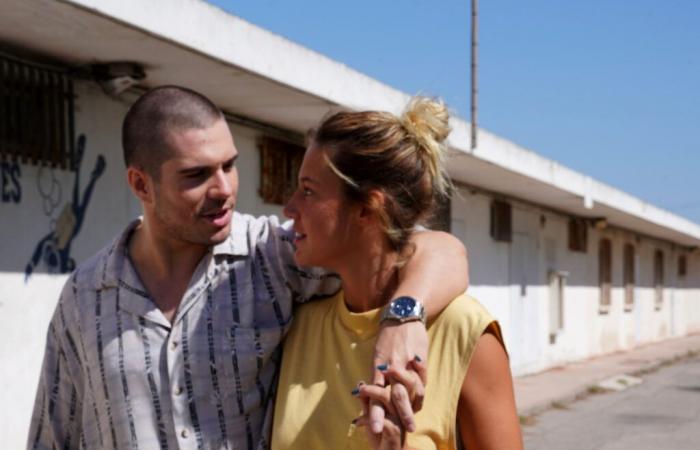It’s a French film which is immensely successful and which brings young people to the cinema. Love phew by Gilles Lellouche with Adèle Exarchopoulos and François Civil exceeded 4 million admissions in theaters. A phenomenal score in just over 4 weeks for a film which, as we recall, lasts 2h40.
“457 words are not enough to say thank you”, this is the message that the film team posted yesterday, a nod to a scene from the film!
Love phew is becoming the film of a generation. The love story between the two characters, Clotaire and Jackie, against a backdrop of gang war in the 80s/90s, makes 14-25 year olds wow. All you have to do is look on TikTok, there are thousands of videos in which young people comment on and replay scenes from the film, particularly the scene around the 457 words.
This feature film attracts a largely female audience, 75% of the film’s viewers are female spectators. Usually, teenagers see very few French films.
2024, an exceptional year for French cinema
On average, according to the latest study by the Vertigo Institute, 14/25 year olds represent 11% of a film’s audience, and for Love phewit’s almost 30%. Young people go to the cinema to have strong emotions, and Gilles Lellouche’s film, which is powerful, intense, where there is also action, offers them what they expect.
The success of Love phew definitively crowns the great year of French cinema: 2024 will remain an exceptional year with 10,800,000 spectators for A little something extra, 9,300,000 entries for Le Comte de Monte Cristo… and we don’t know where it will stop Love phew but at this rate we can imagine that the film will approach 6 million.
Read more






